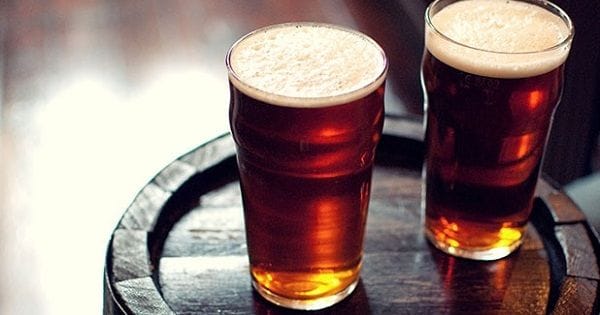This post is also available in:
Español
Português
The UK House of Lords has approved an amendment guaranteeing the continued use of the pint as the official measure for selling beer, cider, and milk in British pubs and markets.

The amendment, promoted by the Liberal Democrats and supported by the Labour government, ensures that the pint, equivalent to 568 milliliters, remains the standard measure for selling certain beverages.
The pint is a unit of measurement deeply rooted in British culture, especially for serving beer in pubs and fresh products in markets.
Arguments of the Political Debate
During the discussion, Labour Lord Sonny Leong stated that the government has no intention of modifying the regulations on the use of the pint as an official measure, reaffirming its place in British society.
The debate over traditional units of measurement gained momentum after the Brexit referendum. While some sectors advocated for a full return to the imperial system, others preferred to maintain the metric system officially adopted in 1965.
In this context, the House of Lords decided to safeguard the use of the pint, ensuring its continuity in the sale of beer, cider, and milk.
The House of Lords’ decision to protect the pint seeks to go beyond practicality and reaffirm British identity and traditions.
Contemporary Challenges
In recent years, this tradition has faced challenges, such as when a study from the University of Cambridge suggested reducing its volume by a third to decrease alcohol consumption in the country.
However, this proposal was met with rejection among Britons, who saw it as an attack on their beer culture.
Many viewed the reduction as a trick to pay more for less and doubted its effectiveness in changing habits or reducing alcoholism.
Additionally, the popularity of Guinness beer has experienced massive recognition, especially among Generation Z, driven by social media and the availability of non-alcoholic versions.
We recommend
- Mahou Acquires 100% of Founders Brewing Operations
- Indio Beer: Tasting Notes and Recommended Pairings







